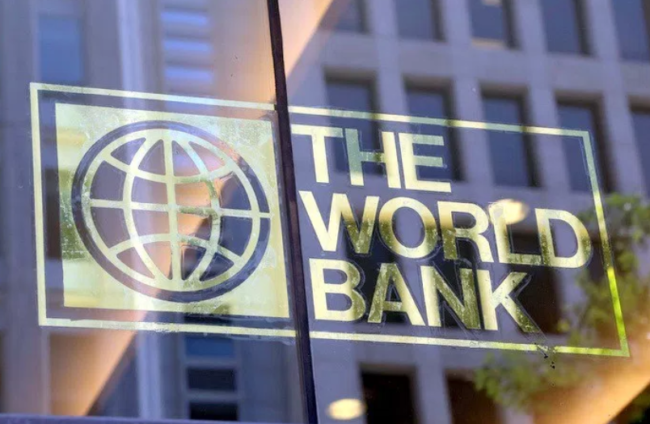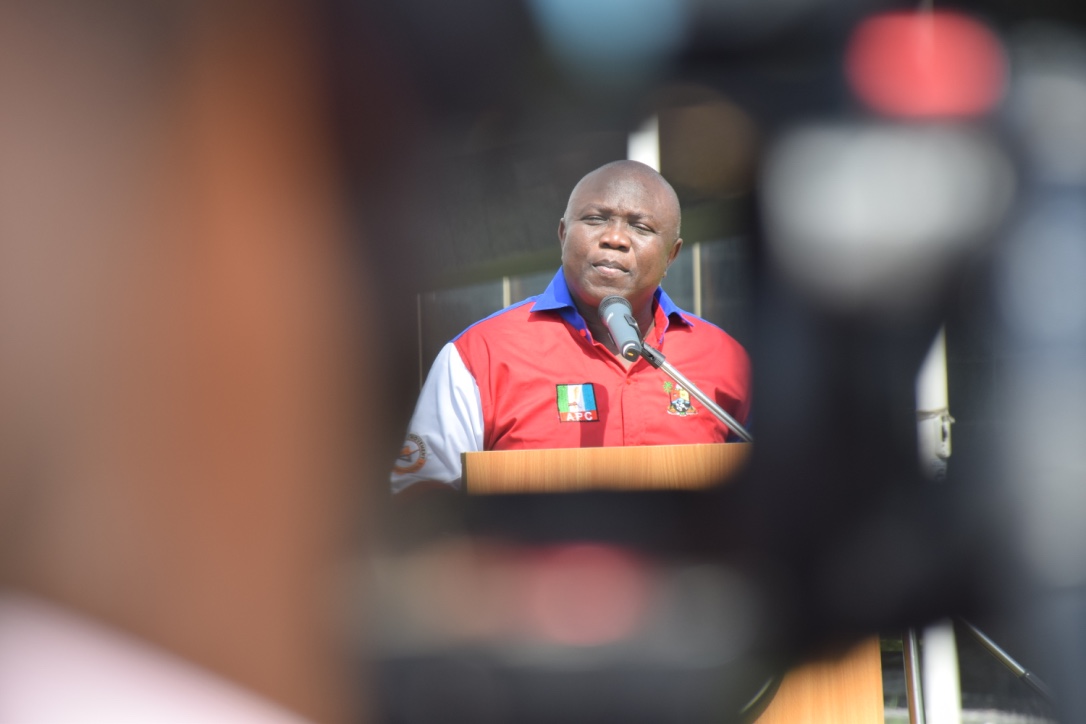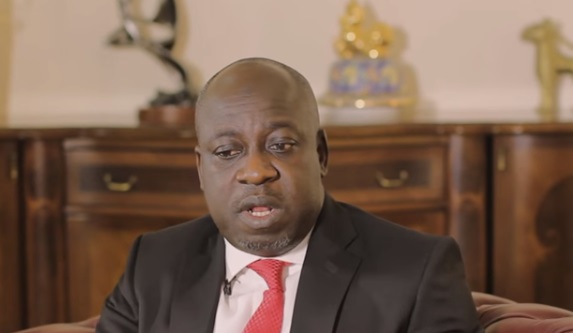The World Bank has cut back on Nigeria’s growth forecast for 2018, stating that the country’s gross domestic product (GDP) will grow by only 1.9 percent — down from estimated 2.1 percent estimated in April.
The Washington-based lender said this was as a result of the reduction in oil production levels in the continent’s biggest economy, and contraction in the agricultural sector, following the herder-farmer crisis.
“Average growth in the region rose from 2.3% in 2017 to 2.7% in 2018, barely above population growth, partly due to weaknesses in Nigeria, South Africa, and Angola—the region’s three largest economies,” the bank said.
“In Nigeria, declining oil production and contraction in the agriculture sector partially offset a rebound in the services sector and dampened non-oil growth, all of which affected economic recovery.”
Advertisement
“Nigeria’s recovery faltered in the first half of the year. Oil production fell, partly due to pipeline closures.
“The agriculture sector contracted, as conflict over land between farmers and herders disrupted crop production, partially offsetting a rebound in the services sector and dampening non-oil growth.”
The Bretton Woods institution recommends that countries in sub-Sahara Africa should seek ways to be more efficient in all factors of production if it must stem the decline in growth and tackle unemployment.
Advertisement
Add a comment







